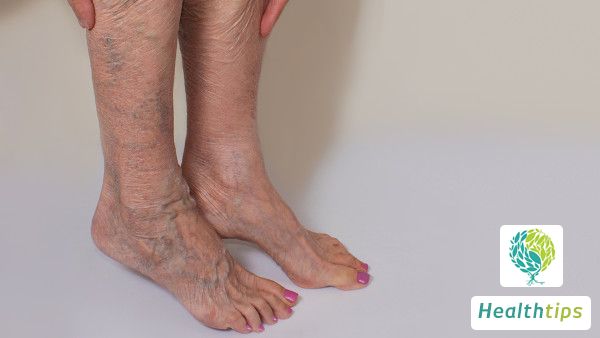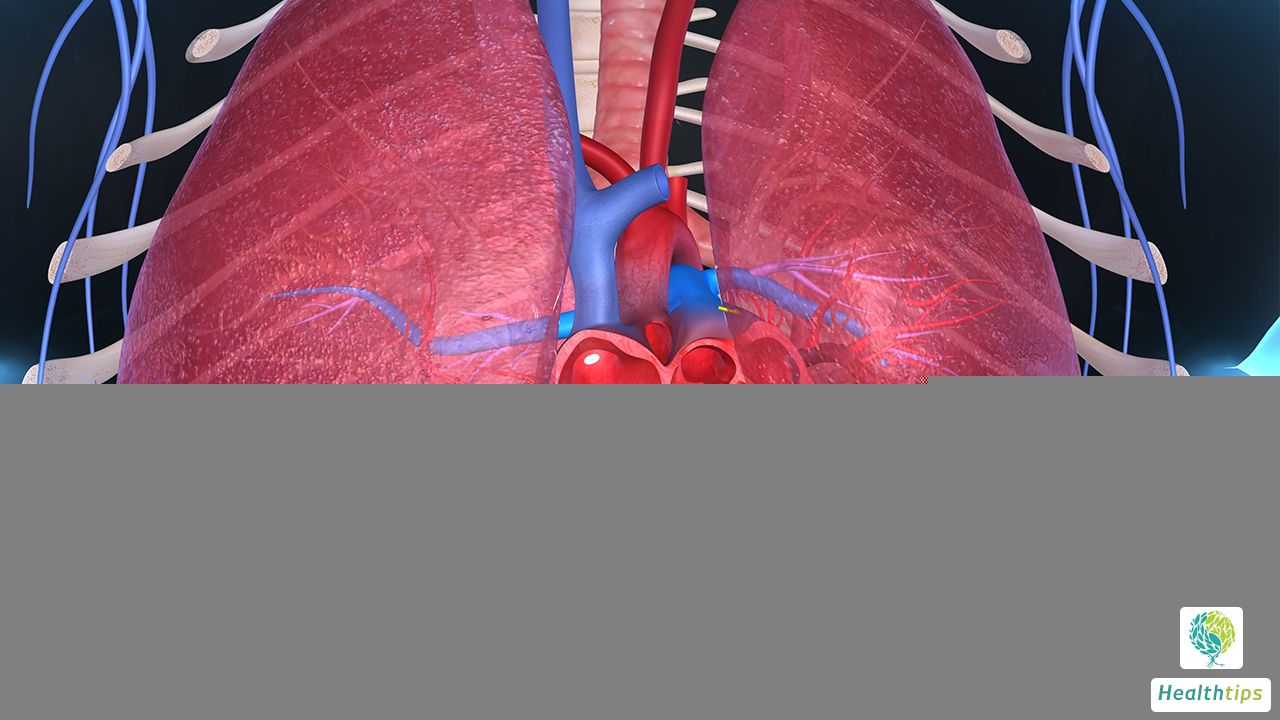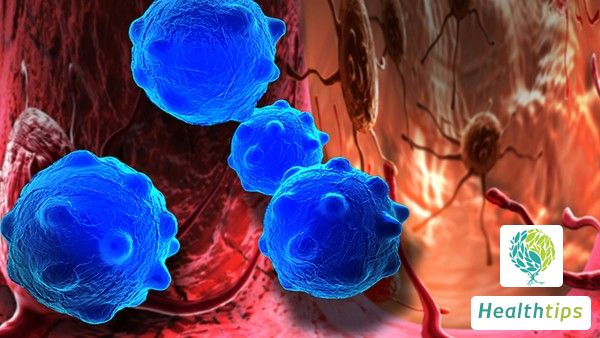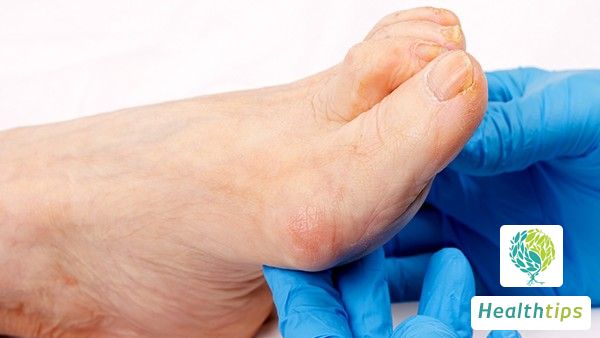
Treatment Methods for Advanced Esophageal Cancer The treatment options for advanced esophageal cancer primarily encompass surgery, radiotherapy, chemotherapy, and targeted drug therapy. The specific a

Possible Causes of Sticky Underarm Sweat and Recommended Treatments Sticky underarm sweat can be a precursor to body odor (bromhidrosis), or it may stem from other causes such as hyperhidrosis, eczema

Malignant Lymphoma Malignant lymphoma is a type of tumor originating from the lymphohematopoietic system, which can occur in any part of the body. Due to its rapid growth rate and aggressive nature, i

Possible Causes and Treatments for Bloody Stools and Diarrhea After Eating Spicy Food Bloody stools and diarrhea after consuming spicy food may result from irritation caused by peppers or be related t

Sudden pain caused by kidney stones can be alleviated through general treatment, medication, and surgical procedures. If the patient's symptoms are severe, it is necessary to seek medical attention pr

Possible Causes of Gout: Cold Exposure and Beyond Gout can potentially be triggered by cold exposure, yet its etiology extends beyond this factor, encompassing improper diet, medication factors, and g

Malignant Lymphoma Malignant lymphoma is a malignancy originating from the lymphohematopoietic system, primarily manifested as painless and progressive lymphadenopathy. Early symptoms are not apparent

Assessment of Rheumatic Plaster Application The application duration of rheumatic plaster generally depends on the severity of the patient's condition and their individual drug absorption capacity. If

Treatment Options for Gout Gout can be alleviated through general treatments, medication, and other methods. It is recommended that patients seek medical attention promptly and choose appropriate trea

Gout Recurrence Prevention and Triggers If gout patients actively seek treatment and adhere to dietary and exercise adjustments in their daily lives, the disease typically does not lead to recurrent a

Utility of Baking Soda Tablets for Gout Patients Taking baking soda tablets is generally beneficial for gout patients, albeit under the guidance of a physician. Here's a detailed breakdown: 1. Effect

Individuals with gout can appropriately consume plain water and soda water. However, these beverages can only serve as an auxiliary measure to alleviate symptoms, not cure the disease. I. Pure Water C

Prevention and Treatment of Familial Gout Familial gout can be prevented through dietary adjustments and appropriate exercise. If gout has already developed, prompt medical attention is necessary. Her

Patients with heart failure and pulmonary edema are generally advised against consuming high-salt foods, spicy and irritating foods, as well as greasy foods. In case of discomfort, they should promptl

Ascites in Cirrhosis Patients: An Important Indicator of Disease Progression The presence of ascites in patients with cirrhosis is a significant manifestation of liver disease progression. Whether thi

Generally, if patients actively treat and control the progression of the disease, it will not pose a threat to life. However, if standardized and effective treatment is not provided in a timely manne

In cases of gout tophi appearing on the feet, patients can undergo general treatment, pharmacological therapy, and other forms of intervention. If symptoms are severe, prompt medical attention should

Treatment Options for Bone Metastasis of Liver Cancer Bone metastasis of liver cancer can be treated through radiation therapy, chemotherapy, targeted therapy, among other modalities. However, the spe

Acute Suppurative Otitis Media Acute suppurative otitis media is caused by bacterial infections, with common pathogens including Streptococcus pneumoniae, Haemophilus influenzae, among others. Patient

Management of Gout Flares During acute gout flares, bed rest, elevation of affected limb, local cold compress, and pharmacological treatment are essential. Additionally, dietary adjustments should be

Blood drawing generally refers to the examination conducted through blood tests. Typically, for patients who have been diagnosed with gout, blood tests can assist in determining the progression and se

In general, if both parents suffer from gout, the children have a higher probability of developing gout. However, not all patients will transmit the disease to their offspring. 1. No Inheritance: Gou

Acupotomy Treatment for Gout Shows Certain Efficacy Acupotomy therapy demonstrates a degree of effectiveness in treating gout due to its ability to improve local blood circulation, alleviate inflammat

Can Gout Patients Eat Hot Pot? Whether gout patients can eat hot pot depends on specific circumstances. If they are in the active stage of the disease, it is not recommended to eat hot pot; if their c

Tinnitus: Causes, Symptoms, and Management Tinnitus, a prevalent clinical symptom, refers to the subjective perception of sound in the absence of an external auditory stimulus. Numerous factors contri

Gout: A Disease Caused by Uric Acid Crystal Deposition in Joints Due to Elevated Blood Uric Acid Levels Gout is a disease triggered by the deposition of uric acid crystals in joints as a result of exc

Generally, it is not recommended for gout patients to consume seafood frequently. This is because seafood is classified as a high-purine food, and excessive intake can easily lead to an elevation of u

Symptoms and Management of Advanced Gastric Cancer Typically, patients with advanced gastric cancer experience symptoms such as upper abdominal pain and anorexia. Prompt medical attention is recommend

Possible Causes of Ear Blockage and Tinnitus Ear blockage accompanied by tinnitus could be indicative of otitis media, or potentially other conditions such as cerumen impaction, external otitis, and n




















